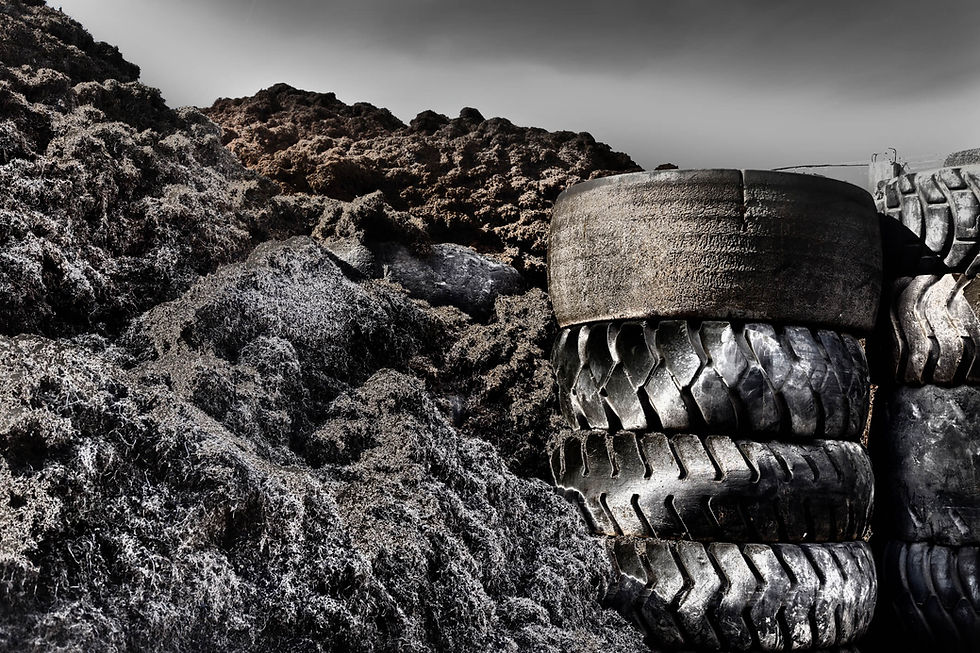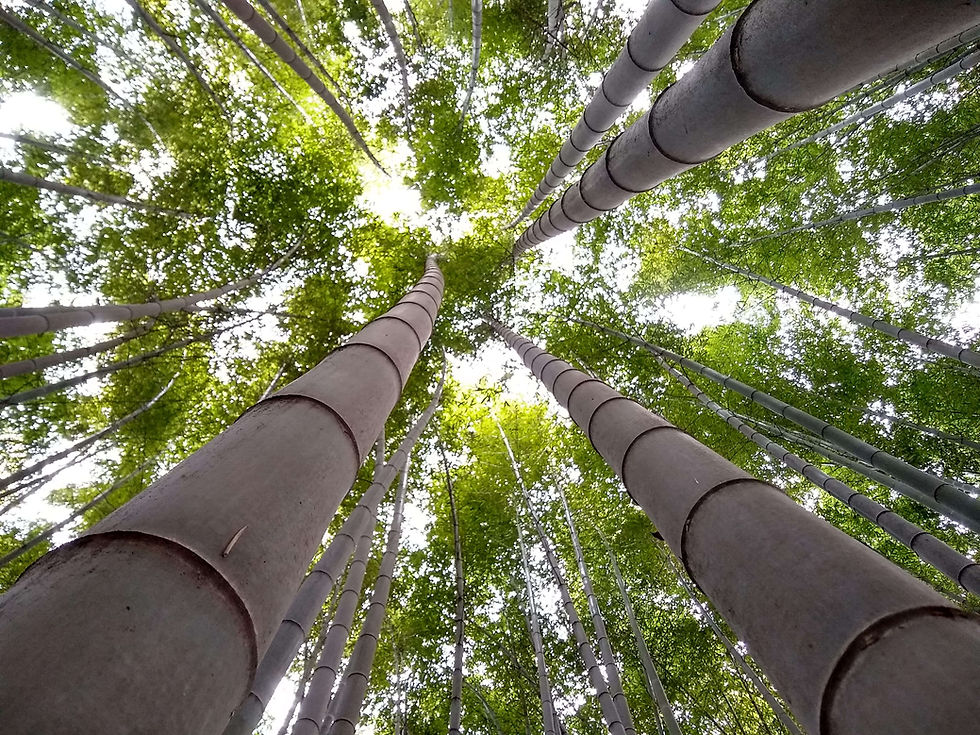The Right to a Healthy Environment Helps to Secure Other Rights
- The Earth & I Editorial Team

- Dec 22, 2021
- 1 min read
Updated: Feb 28, 2022
State signers of the Paris Agreement agreed to “respect, promote and consider their respective obligations on human rights” when taking climate action. Directly or indirectly, environmental degradation and inaction threaten basic human rights, such as the right to health or the right to life. Without action, here are some of the rights that are threatened:

The right to life. For instance, increased fires in the Amazon rainforest have resulted in greater risks to local communities and indigenous peoples.
The right to self-determination. Residents of small island States, for instance, as well as indigenous peoples, face challenges to living on their traditional territory. The United Nations Children’s Fund (UNICEF) estimates that about 600 million children will be living in areas of “extremely high water stress.”
The right to development. According to the Internal Displacement Monitoring Center, extreme weather was a major cause of the internal displacement of 28 million people in 2018.
The right to health and the right to food. The UN Special Rapporteur on the right to food states that climate change threatens food security—600 million more people may be at risk for malnutrition by 2080.
The right to clean water. The World Bank reports that a global temperature increase of 2°C could result in 1 to 2 billion people without sufficient water supplies.
The right to adequate housing. Urban housing will be at a high risk with a rise in temperature of 2°C by 2080–2100, due to poor quality and vulnerability to extreme weather events and sea-level rise.
– Source: Office of the High Commissioner for Human Rights of the United Nations







Comments